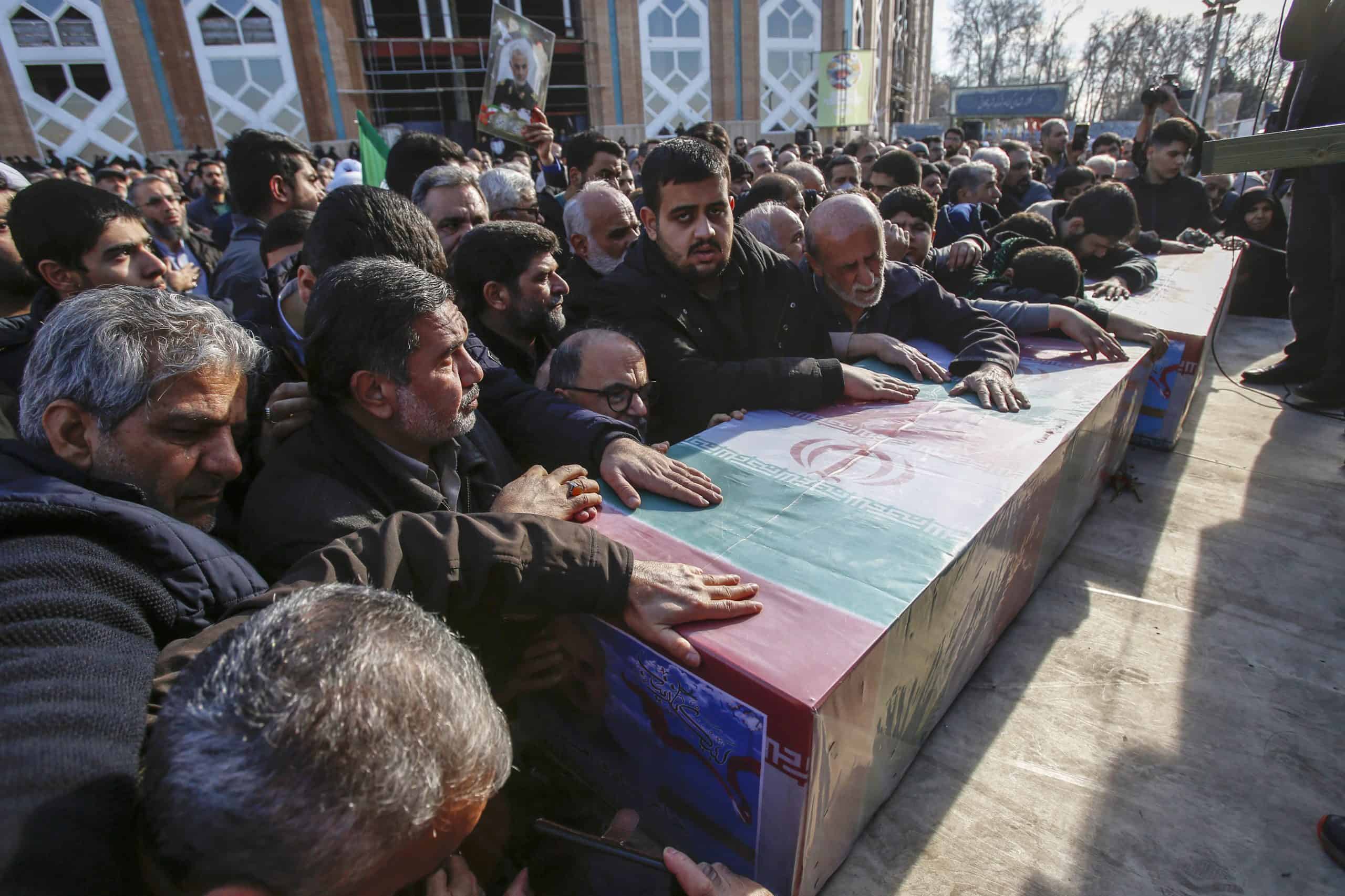
Reported Israeli airstrikes kill IRGC Navy advisor in Syria
Israel continues to attack IRGC advisor in Syria on almost a monthly base.

Israel continues to attack IRGC advisor in Syria on almost a monthly base.

Bill and Joe discuss the latest updates from Israel’s defensive war in Gaza, including a potentially dwindling supply of ammunition for Hamas and its subsequent cooperation with other Palestinian terror groups; Egypt “fortifying” its border (but only above-ground and only because they want to keep Gazans out); whether Yahya Sinwar is still hiding out in a tunnel somewhere under Khan Younis (“with pneumonia”); the possibility and consequences of a ceasefire during Ramadan; and why Israel is indeed “winning” but will only win if it to continues its ground operation in Gaza, including in Rafah.

Bill and Joe catch up on the latest headlines from the war in Gaza. They discuss the IDF’s operation along Gaza’s border with Egypt in Rafa, which last night included the rescuing of two hostages; how Hamas fighters are resurfacing in Khan Younis; and the uncomfortably palpable uptick in international pressure on Israel as it continues its defensive war, most notably from the U.S. They also start to unpack some of this UNRWA baggage, like the newly-discovered Hamas operations hub found beneath an UNRWA school (to ironically quote DJ Khaled: “another one”); the UNRWA chief’s subsequent statement about “alleged tunnels” (which Bill points out is interesting, given that something either is or is not a tunnel); new consequences for the UN organization still reeling from funding cuts after it was revealed that several of its employees participated in the October 7 attack on Israel; and whether (and how) Israel might continue to work with UNRWA to facilitate the transfer of aid into Gaza.
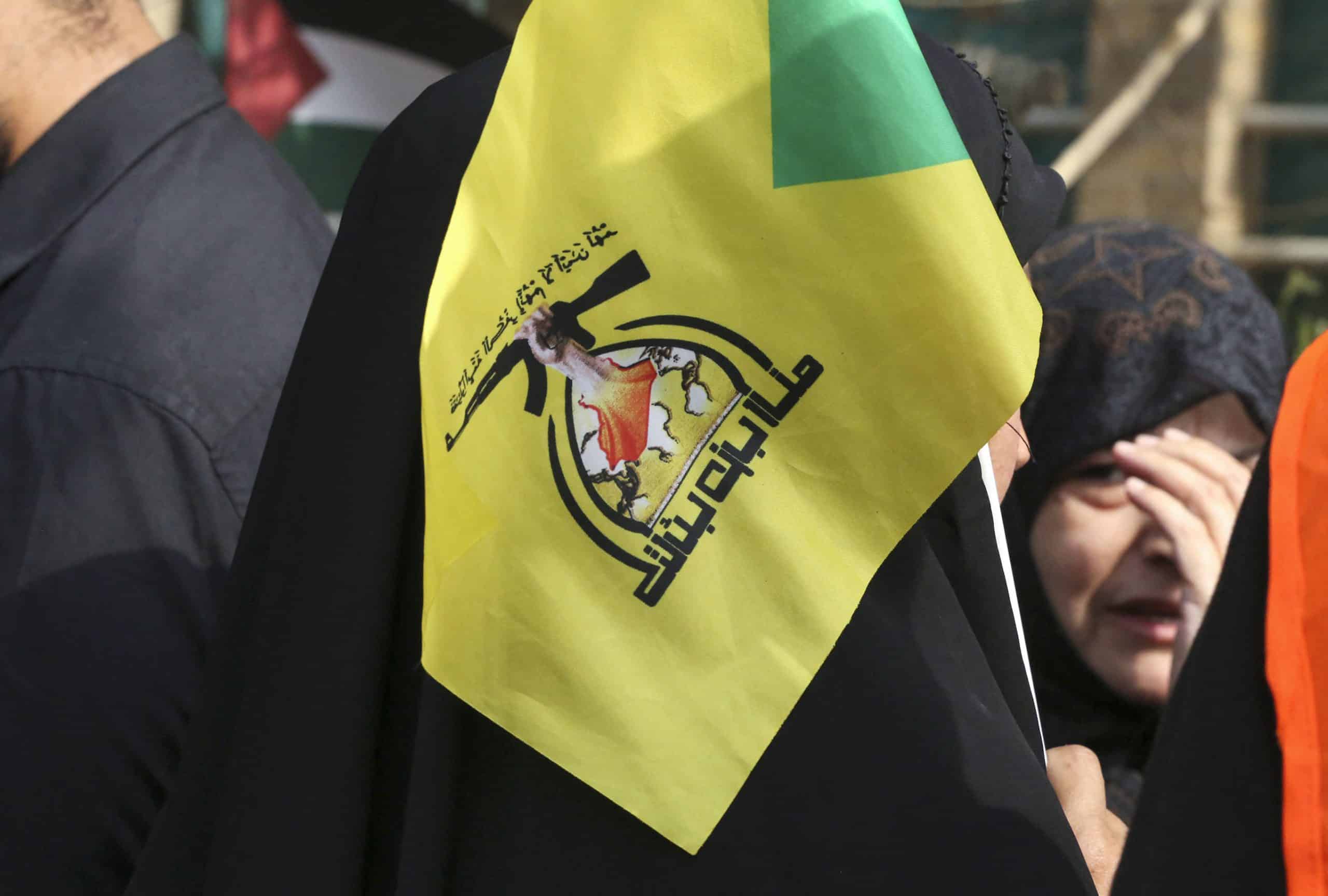
A drone strike in Baghdad eliminated a Hezbollah Brigades commander complicit in planning and carrying out attacks against U.S. troops in the region.

It is unclear if the U.S. response is retaliatory in nature, or if the strikes are designed to force Iran to get its proxy terror militias to cease their attacks.

Bill and Joe are joined by their FDD colleague Bradley Bowman, senior director of FDD’s Center on Military and Political Power, to discuss yesterday’s tragic news of three U.S. service members killed in Jordan.
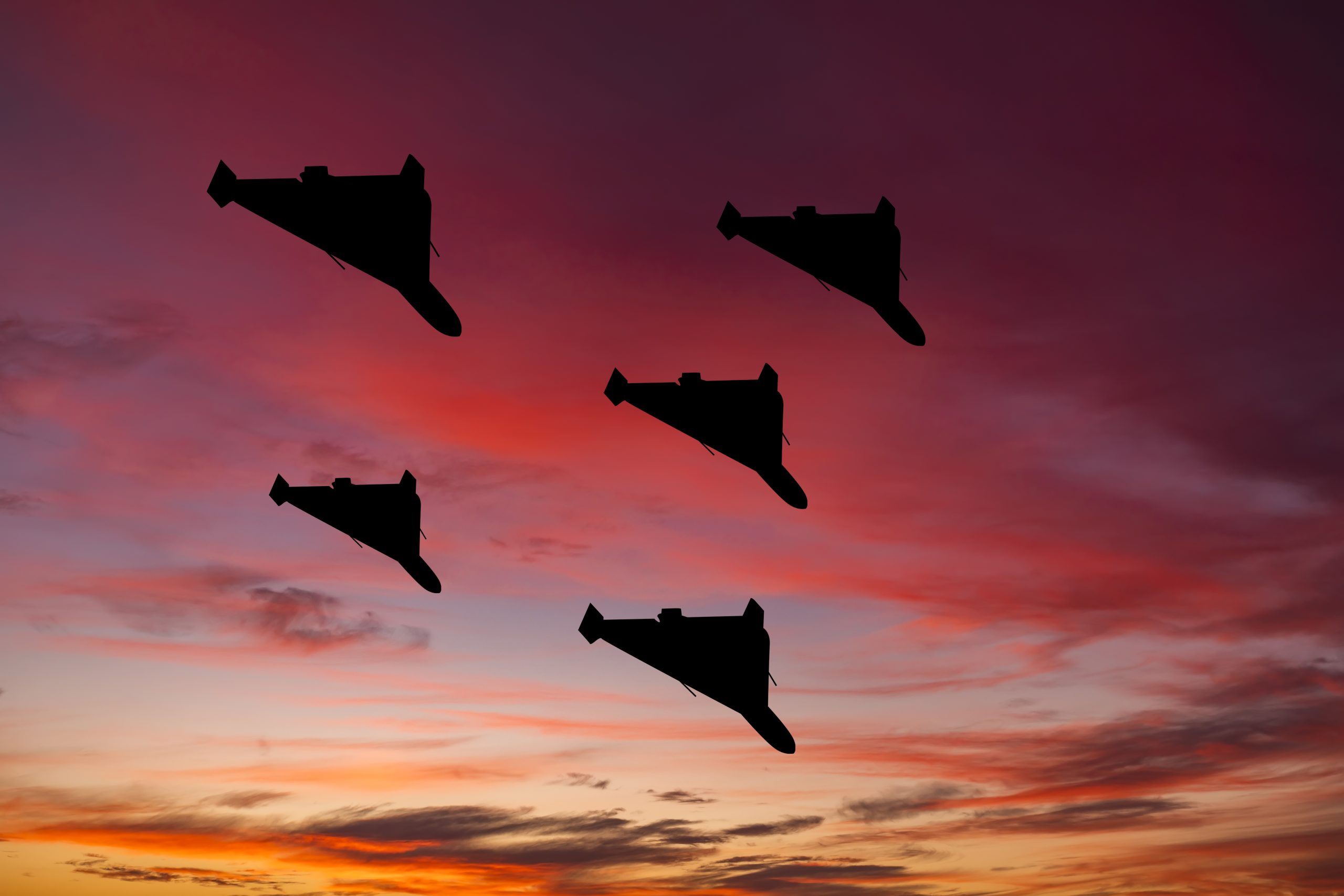
President Biden blamed Iranian-backed militias for killing three US service members and injuring others following a drone attack on a base in Jordan.

The Houthis targeted the USS Carney, struck a British petroleum tanker, and forced two merchant marine vessels to turn away from the Bab Al Mandeb Strait.

Bill and Joe catch up on the latest news from the Middle East, including U.S. pressure on Israel (led by Secretary of State Blinken) to come to a permanent ceasefire in Gaza while the U.S. also considers withdrawing its own troops from Syria; Israeli casualties in Gaza (including suffering the recent historic loss of 24 IDF reservists); Israeli strikes inside Lebanon; and, yes, more Houthi drama.
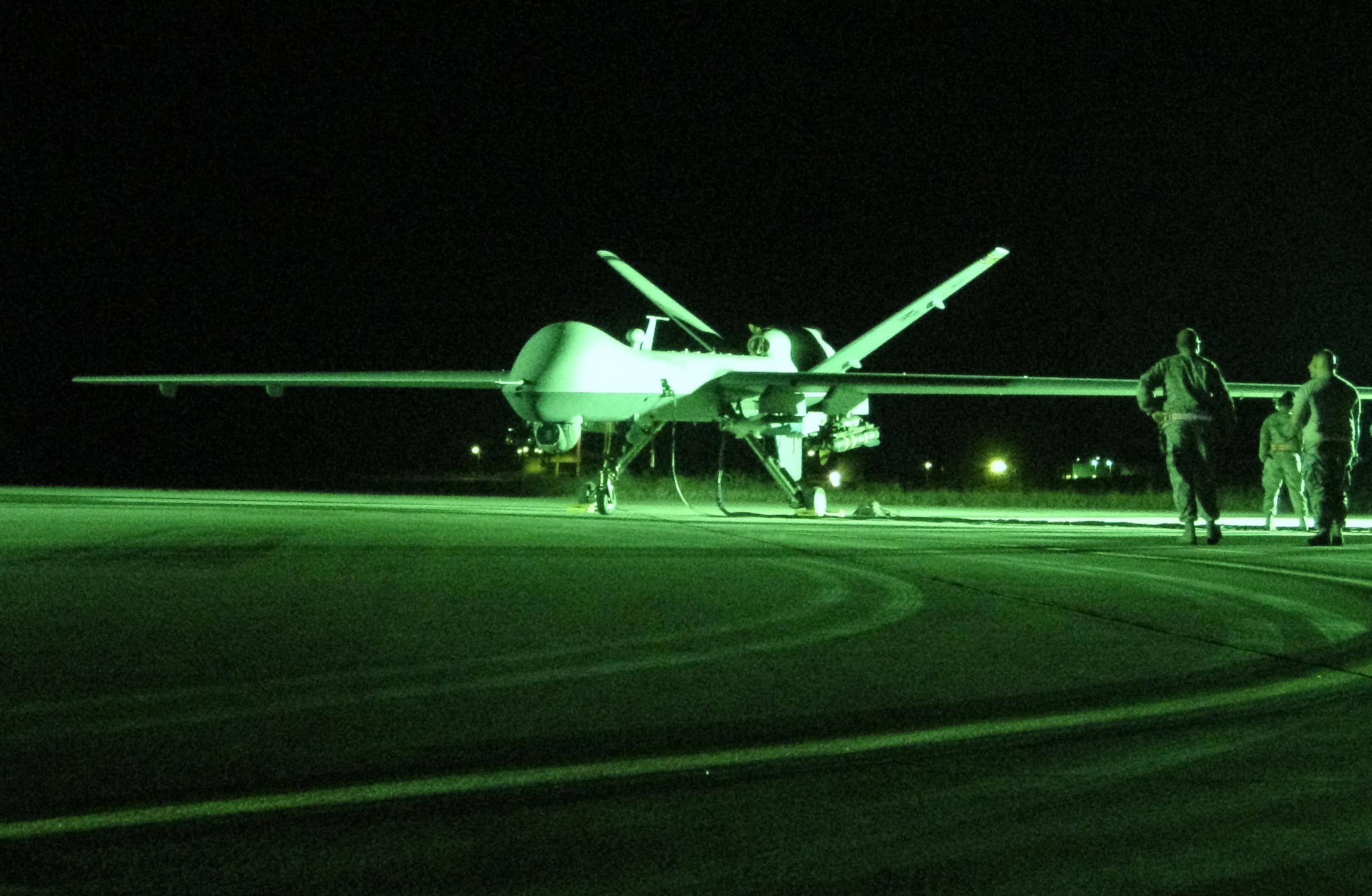
U.S. forces hit “headquarters, storage, and training locations for rocket, missile, and one-way attack UAV capabilities,” according to CENTCOM. The strike is the eight against the Iranian-backed militias, which have hit U.S. bases more than 150 times since Hamas attacks Israel in October 2023.
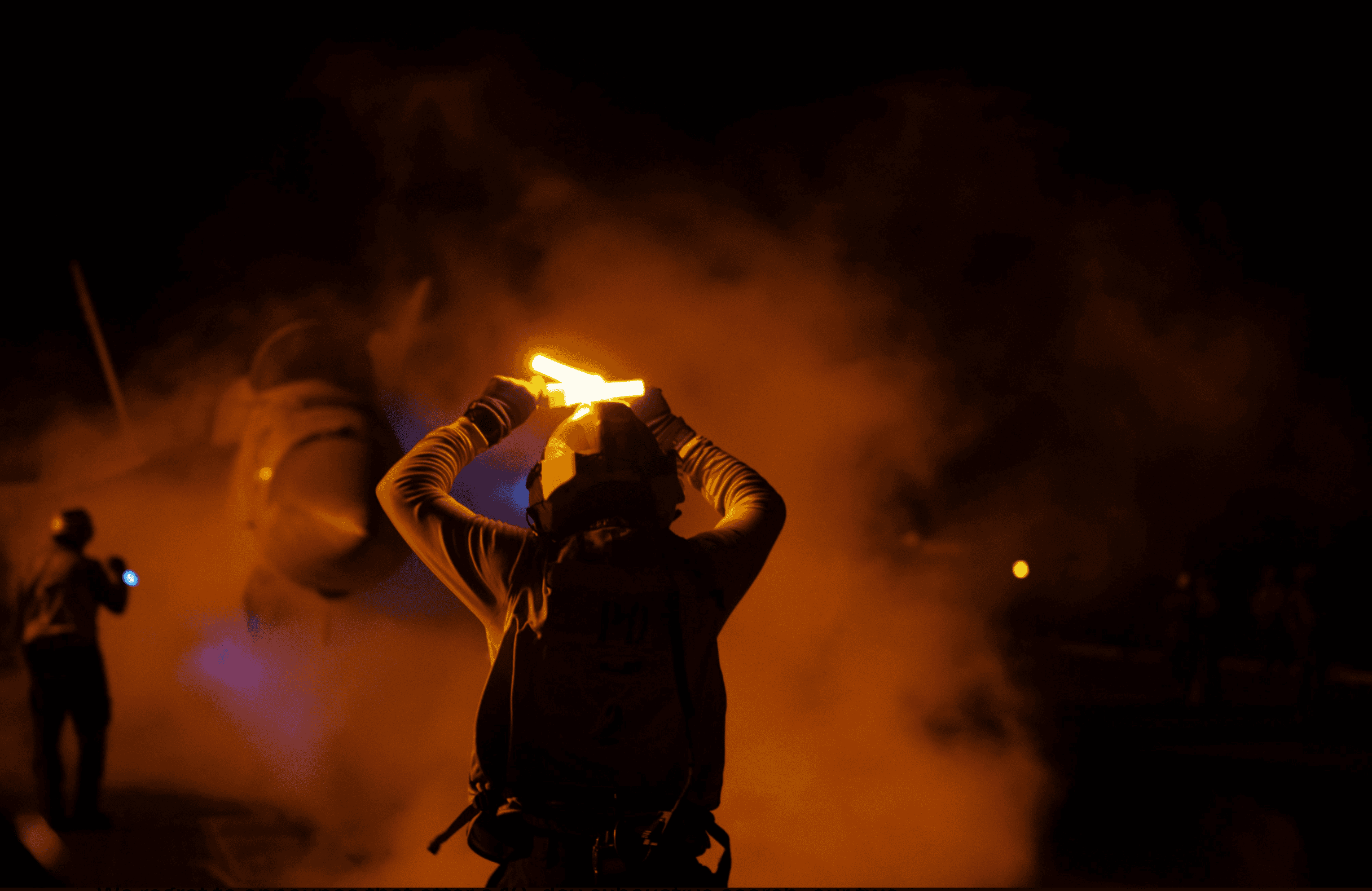
The U.S. and U.K., backed by just four other countries, renewed attacks on Houthi military targets. The paucity of countries willing to confront the Houthis, and thus Iran, highlights the difficulty the Biden administration has had in assembling an international coalition to restore calm to the vital shipping lanes.
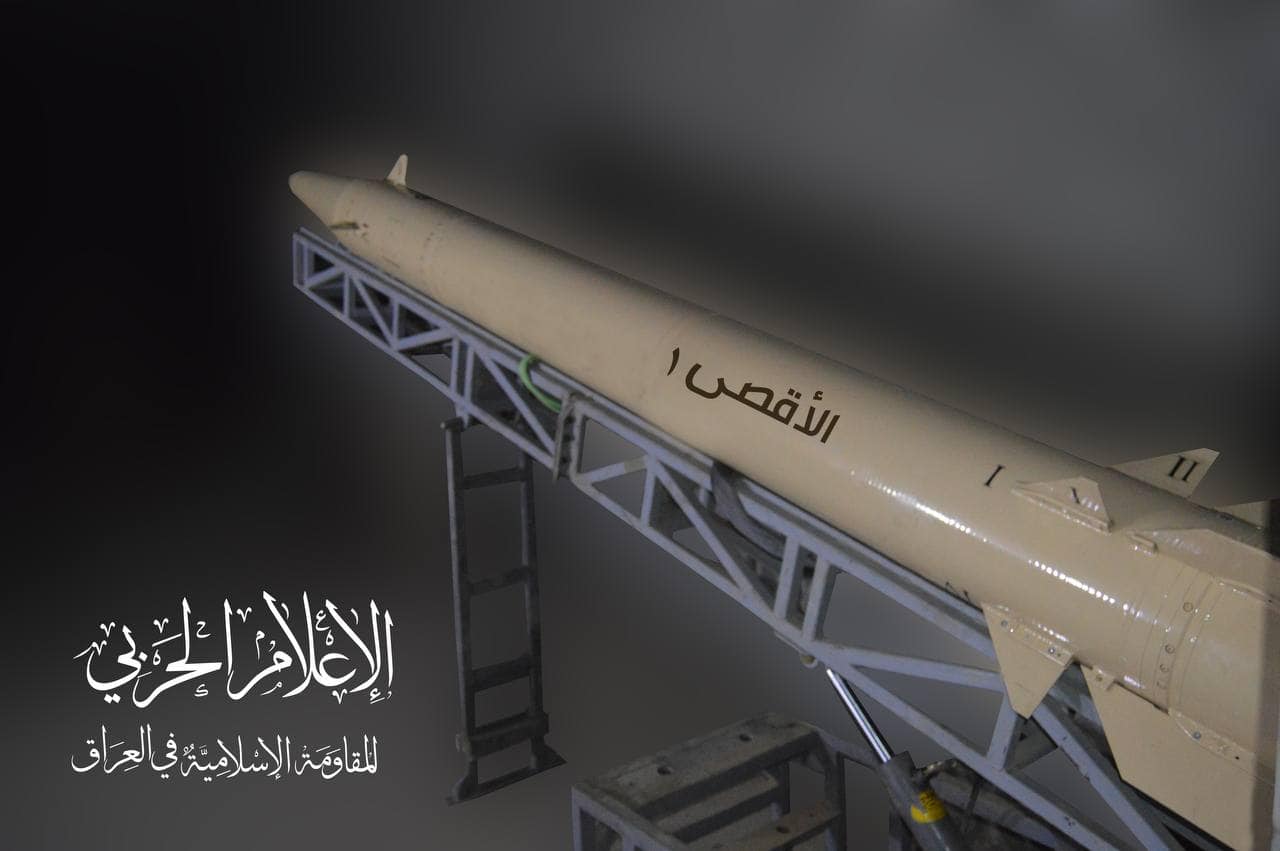
Iran-backed militias in Iraq fired ballistic missiles and rockets at U.S. troops operating in Ain al-Assad airbase in western Iraq.
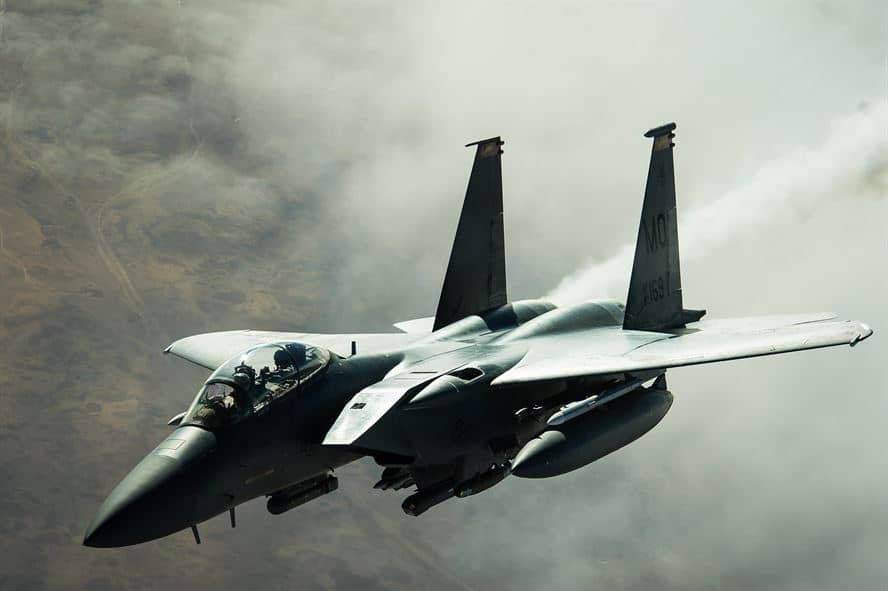
The attacks against Houthi missiles are no longer being conducted under the aegis of an international coalition, but directly by the U.S. military.
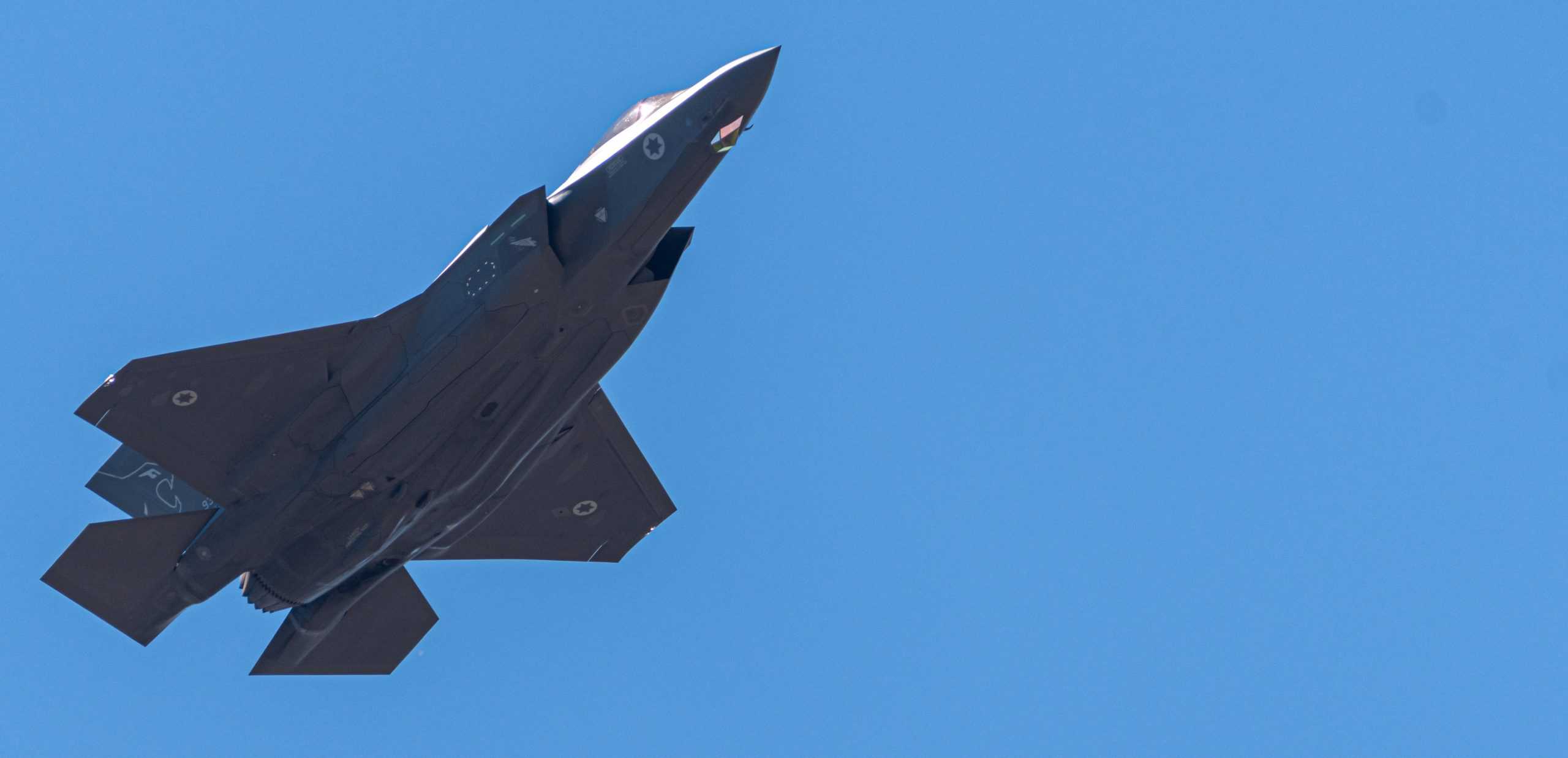
An airstrike in the Syrian capital of Damascus killed five IRGC military advisors, including General Sadegh Omidzadeh. The strike is the second against Iranian advisors in Syria in the past four weeks.

Bill and Joe discuss stats released this week by the IDF pertaining to its operations in Gaza and why escalation at Israel’s northern border with Lebanon is “just a matter of time.”
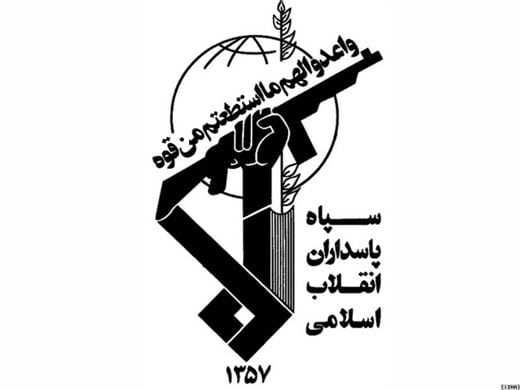
As the Houthis defy the international coalition thatis struggling to keep the Red Sea open to commercial shipping, the Iranians launched a ballistic missile strike on what it claimed was Israeli intelligence assets in Irbil, Iraq.

The Houthis have launched three strikes, including one against a U.S. warship, since the U.S. and U.K. attacked Houthi military targets on Jan. 11 in an effort to restore deterrence. The Houthis have not been deterred.
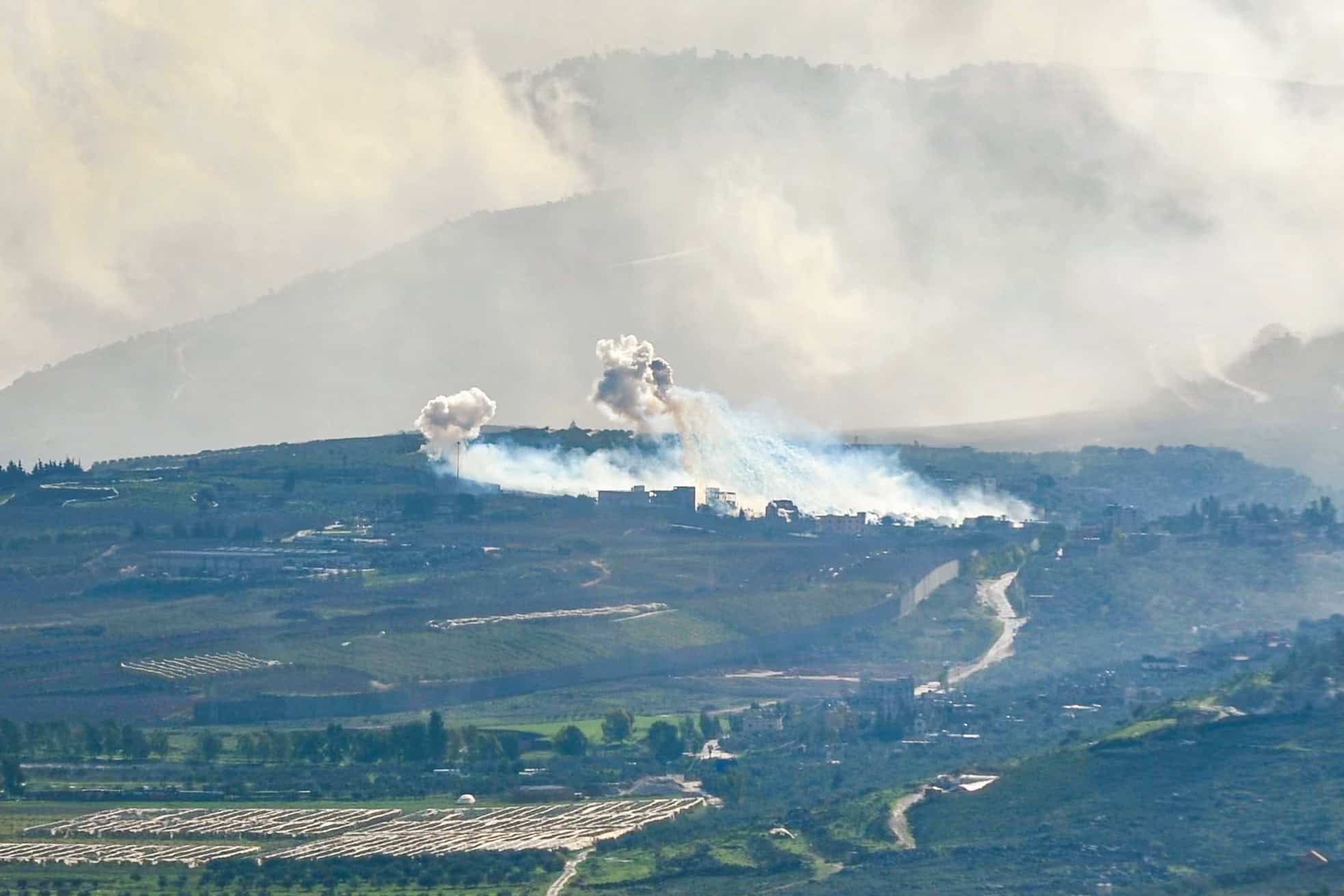
Israeli forces killed three gunmen that infiltrated northern Israel from Lebanon on Sunday morning. The trio were claimed by an unknown group calling itself Islamic Azz Brigades.

After nearly two months and 27 Houthi strikes against merchant vessels and U.S., British and French warships, the U.S. and United Kingdom launched a series of attacks against Houthis military sites.

Joe just returned from Israel and joins Bill to share insights from his trip which included a sobering visit to Nir Oz, one of the kibbutz communities along the Gaza border that was brutally attacked by Hamas on October 7, 2023.

One week after threatening the Iranian-backed Houthis for targeting international shipping, the U.S. led coalition has failed to back up its words with deeds. Houthi attacks continue unabated.
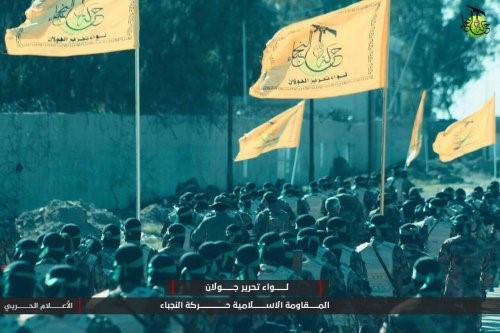
Today’s strike is the first to target a commander of the Iranian-backed militias. Abu Taqwa Al Si’adi was a commander in the Harakat Hezbollah al Nujaba, a U.S.-designated terror organization.
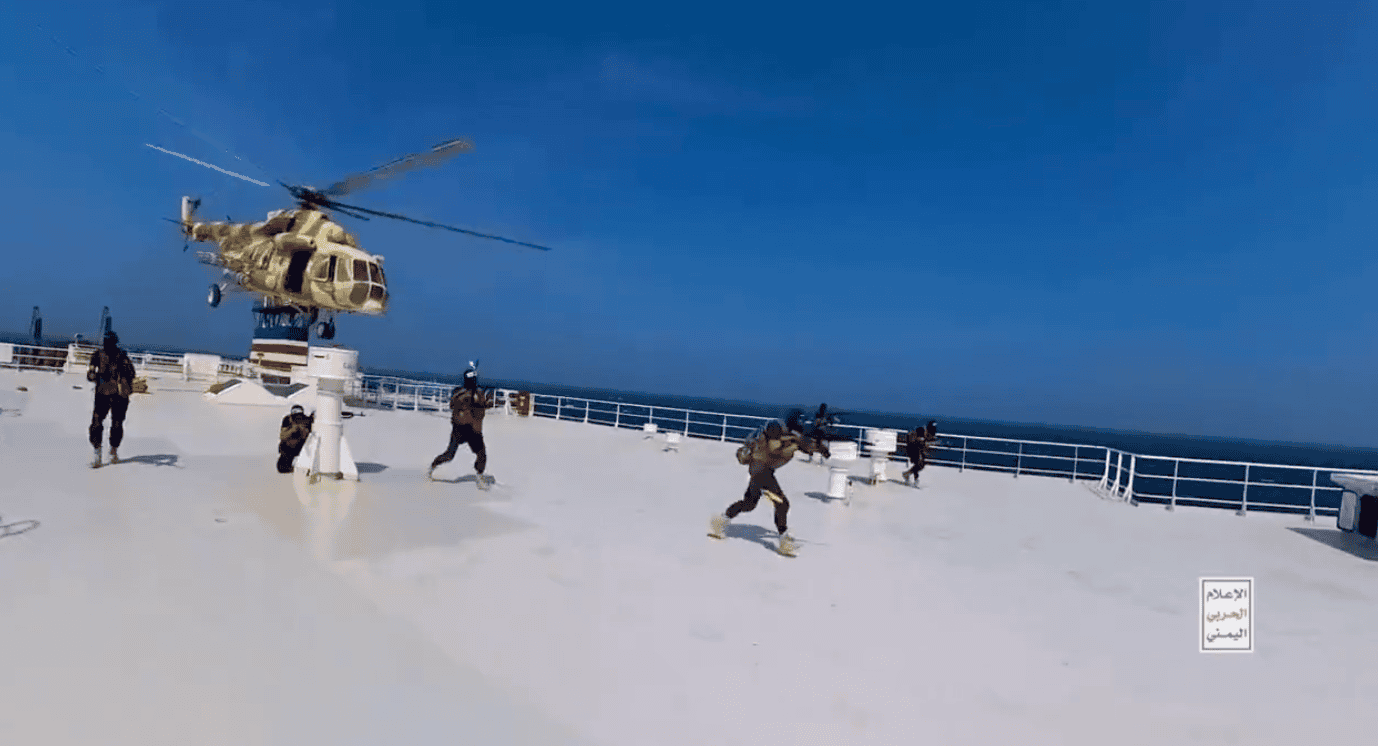
The Houthi attacks “constitute a significant international problem that demands collective action.” The Houthis said that the attacks will continue.
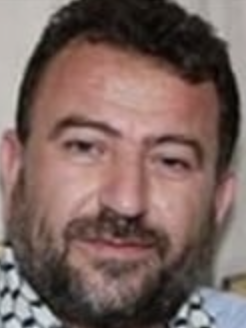
Salih al-Aruri is the first major Hamas political or military leader killed since Hamas and its terrorist allies launched the Oct. 7 rampage on southern Israel.
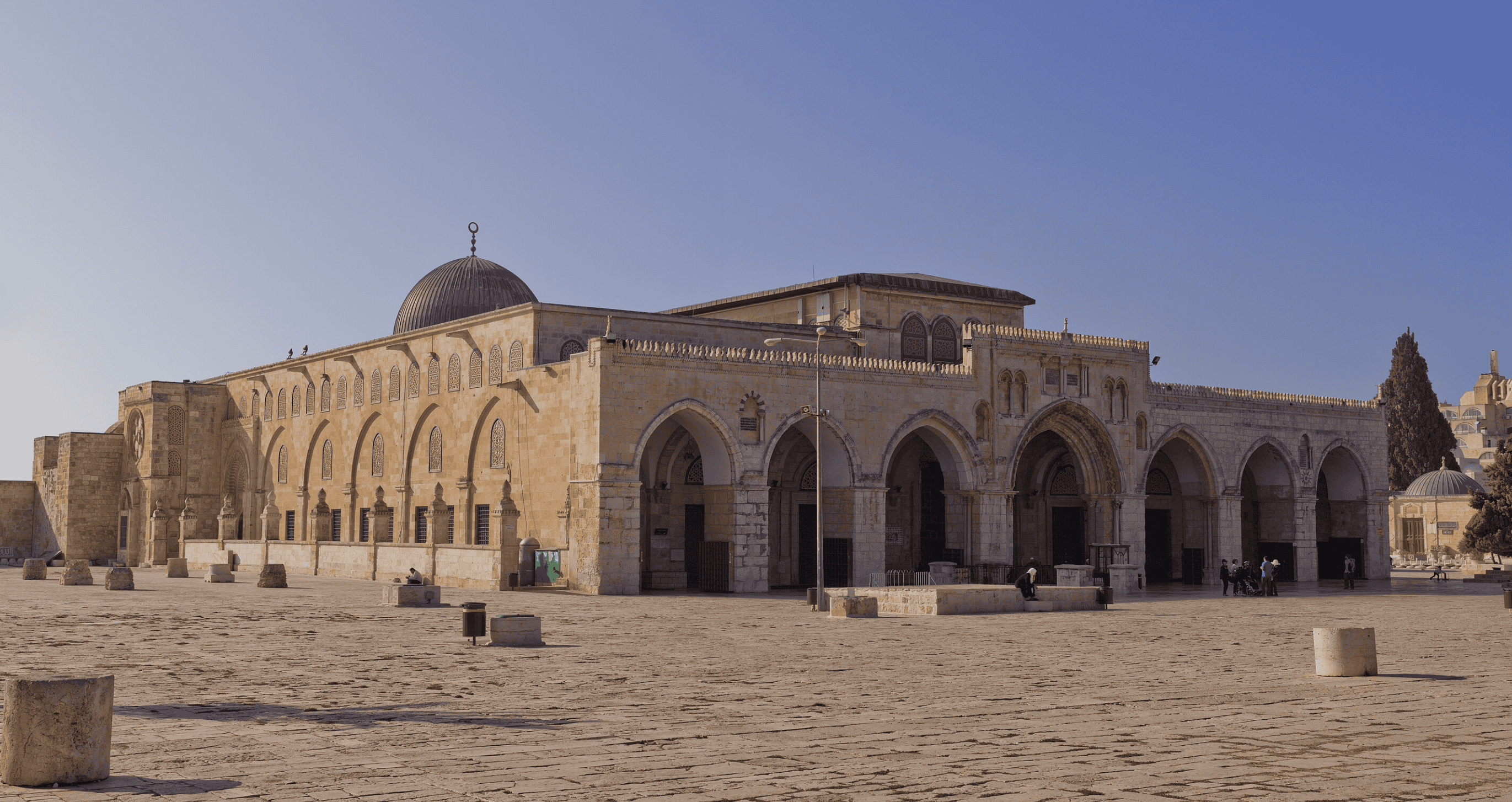
Hamas has yet to employ a game changing weapon in this current conflict and that is conflict at the Al Aqsa Mosque.
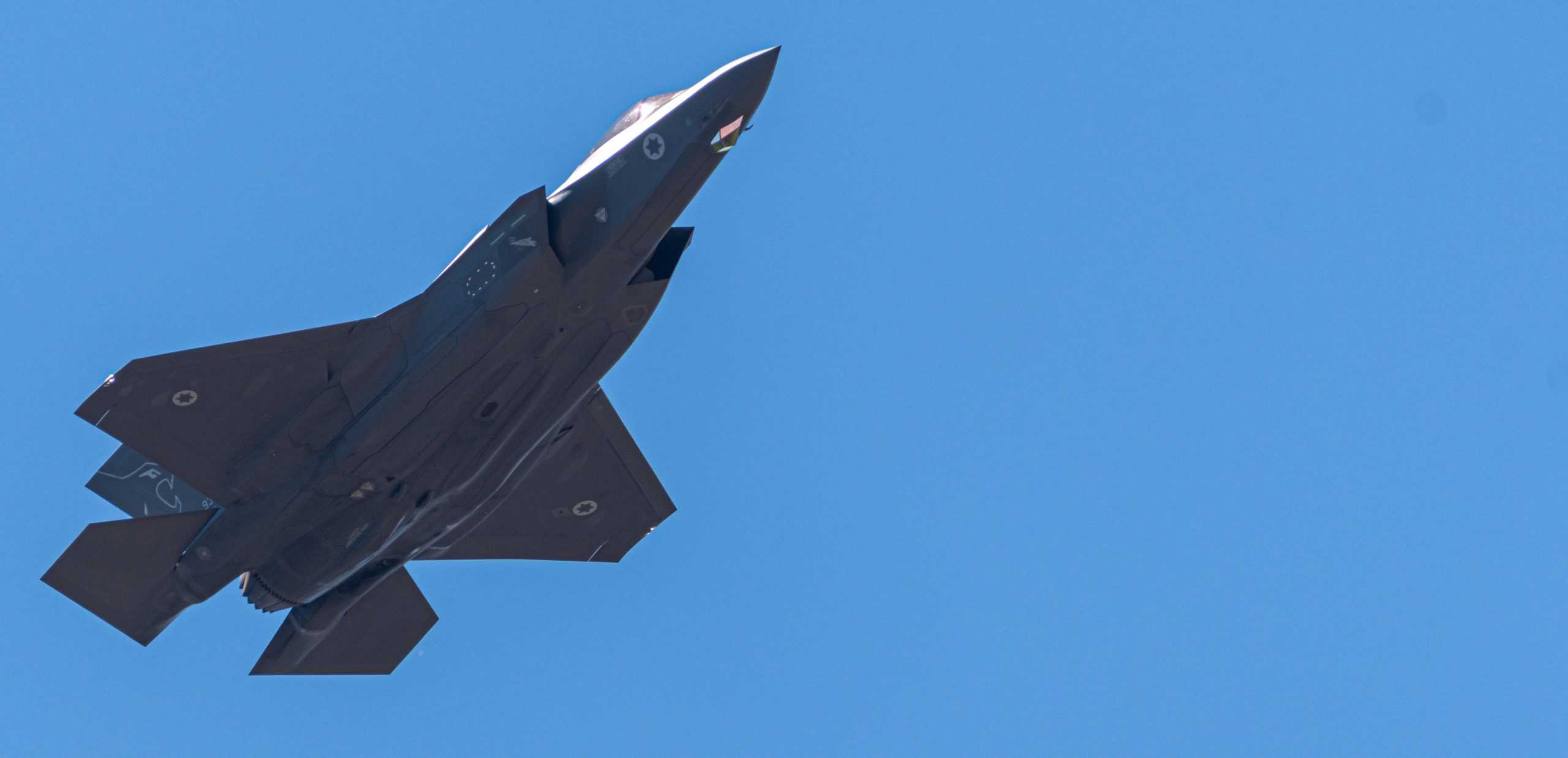
Four members of Lebanese Hezbollah, and two members of Iraqi militia groups have been killed by airstrikes in Eastern Syria.
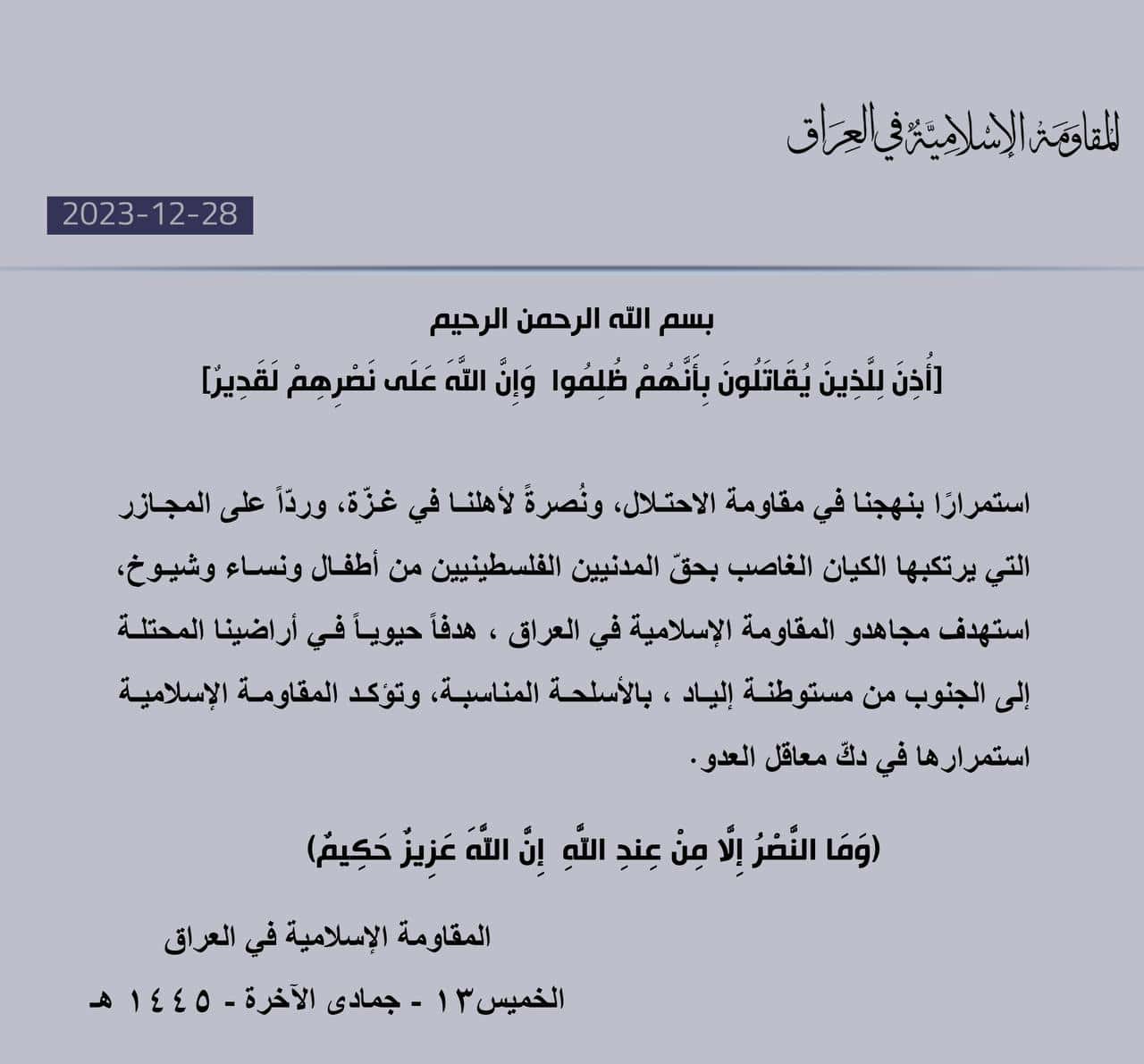
A network of Iraqi militias backed by Iran have claimed responsibility for attacking Israeli territory.
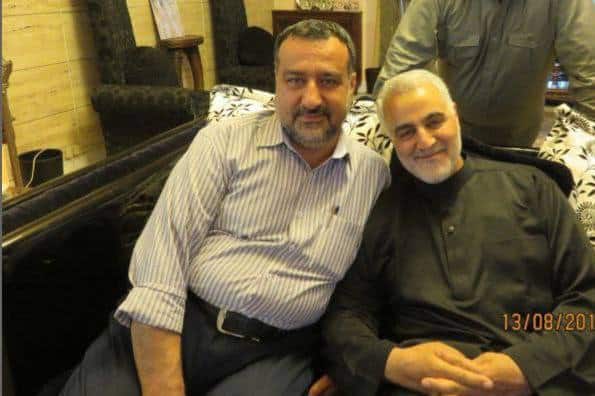
Iran has described Razi Mousavi as “a veteran advisor of Iran’s Islamic Revolution Guards Corps” and a one of “the companions of the assassinated general Qassem Soleimani.”
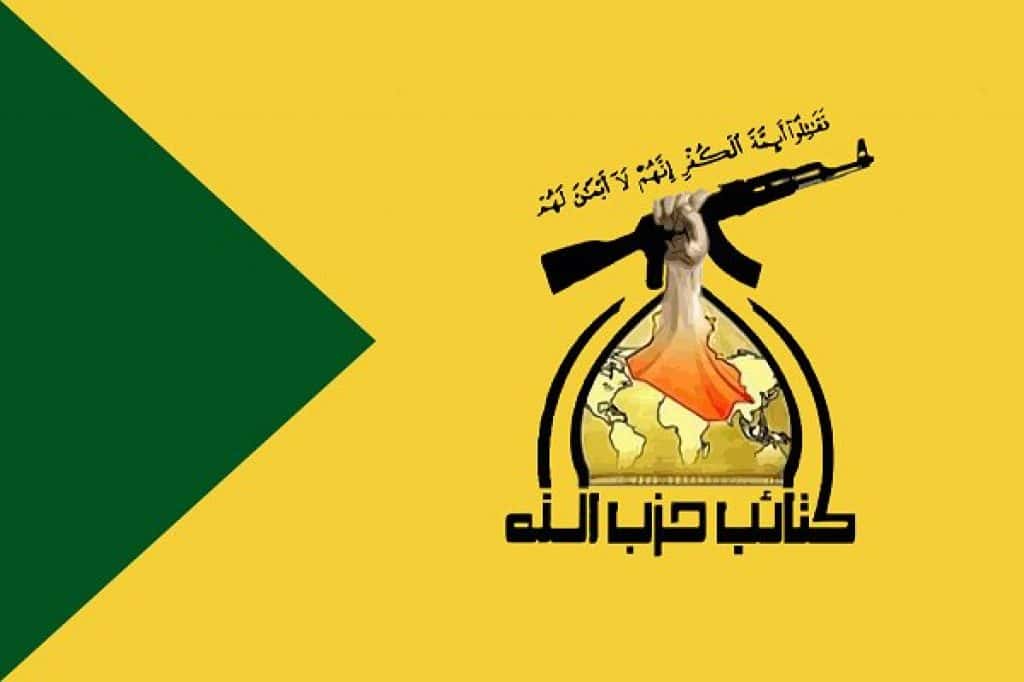
The U.S. hit three Hezbollah Brigades facilities after three U.S. soldiers were wounded, including one critically, in a drone strike at a U.S. airbase in Erbil. the handful of U.S. strikes has not deterred the militias or their Iranian masters.

Bill and Joe discuss the latest issues emanating from Israel’s defensive war in Gaza, including the tragic death of the three Israeli hostages mistakenly shot by IDF soldiers, the massive labyrinth of tunnels continuing to be discovered by the IDF and controversy surrounding the decision to flood them, and use by Hamas of suicide bombers — Joe explains why one case is different.